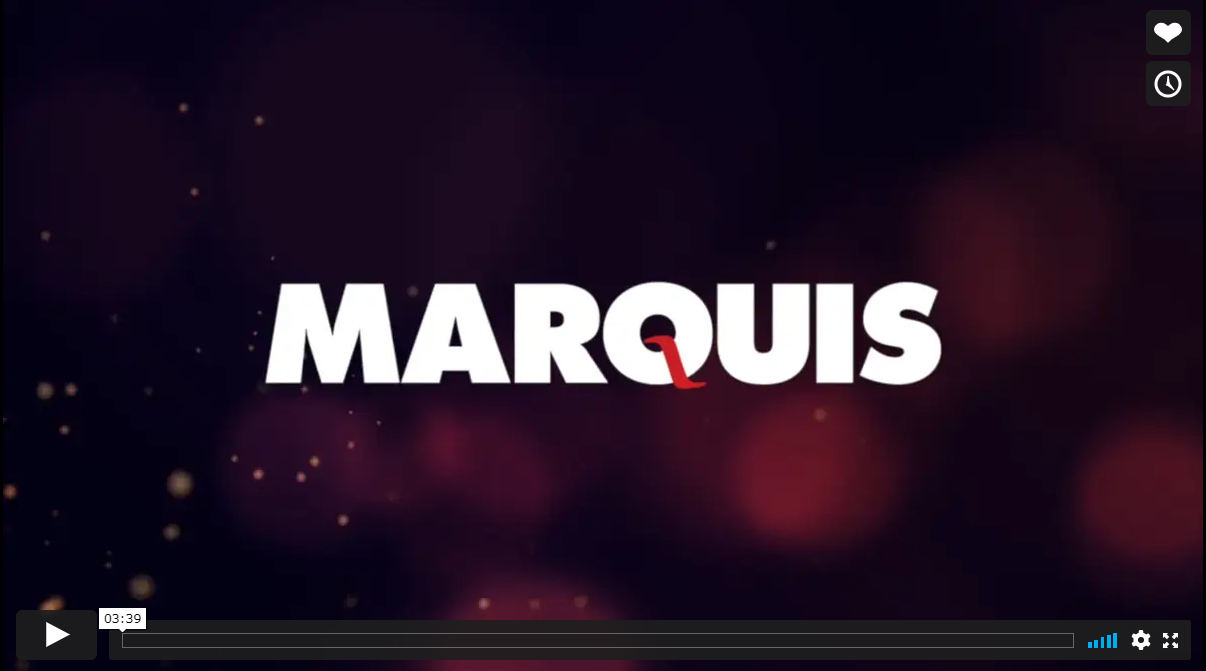The Path Ahead Featuring Marquis’ CEO, Susan R. Faulkner

Video Transcription
The Path Ahead
Susan R. Faulkner, CEO, Marquis
Are you ready for this next normal?
The unknown portion of this crisis may be beyond anything we’ve seen in our professional lives. But we need to do our best to find out what the issues are and then help navigate through them. The point isn’t to have a better answer. The point is to build the capability to learn quickly and pivot faster than your peers do. Resilience comes through speed. This may be a new capability that very few organizations have now and they will likely need to spend real time building.
There are still a lot of unknowns, but creating value and finding those pockets of growth are possible and absolutely essential. But it will also require an understanding your customers’ and members’ needs, behaviors and concerns and to quickly adapt to these consumers and market changes. This path ahead will require resilience. There will be continued ups and downs as lockdowns are relaxed and segments of the community continue to reopen; viral resurgences and unforeseen events will keep growth from being that straight line going up.
The reality is that most business leaders made choices over the past decades that traded resilience for a perceived increase in shareholder value. Now may be the moment to consider the error of chipping away at organization resilience in the name of greater efficiency may have reached its limits. Now, this isn’t to say that there aren’t efficiencies to be sought or found. But more the tradeoff between efficiencies and resiliency needs to be defined far more clearly than it has been in recent years.
Innovation may have never been so important. Now, it’s always been essential to have innovation to solve big problems. But the world is looking not just for new shiny things, but also for new ways of doing things, especially on the people side, where we need new behaviors, long term rather than short term capabilities and work ethics. More than ever, a bias to take action is essential, which will frequently mean getting comfortable with the uncomfortable. Apart from all the operational focus needed for the return to work, it is even more important that teams take a step back to reflect upon these core themes.
Are you ready to set yourself apart?
How would you grade yourself on the ability to adapt quickly and respond to changing industry needs, innovation and destabilization? This ability to adjust or shift makes an employee nimble, and that’s important because most industries, including ours, are in a state of flux. Next, are you ready to be proactive? Doing those things that you need to do before you need to do them? Having the ability to help control a situation by causing something to happen, rather than responding to it after it’s happened?
For example, reaching out to your customers and members before they’re reaching out to you in distress and being agile to move quickly and easily. An agile company or team has the ability to quickly adapt to market changes. While yesterday compliance with TRID was a primary focus, now privacy has to be the focus given the sheer amount of remote workers. Risk and concerns definitely pivoted overnight, and we had to be agile to meet most of those heightened new risks.
Next is resilience — it’s knowing how to cope in spite of setbacks, barriers or limited resources. A measure of how much you want something and how much you’re willing and able to overcome those obstacles to get it. It really has to do with the emotional strength of you, your team and your company. And finally, take action. You have to act in order to get a desired result.
What will set you apart? Ask yourself: are you positioned to lead and pivot to a more sustainable business model as we move to our next normal?
At Marquis, we have the solutions and implementation teams to help set yourself apart. But our solutions and products only tell part of that story. It is our team who work tirelessly every day to bring you the very best in data assembly, analysis and action. We believe that if we take care of our clients and take care of each other, the rest will take care of itself.





